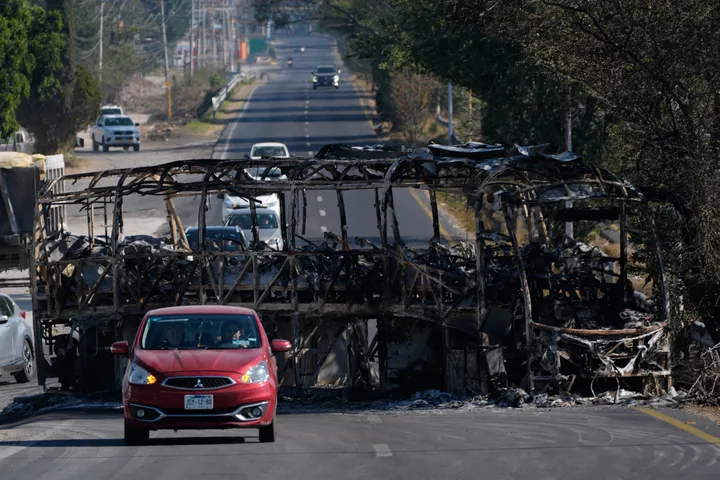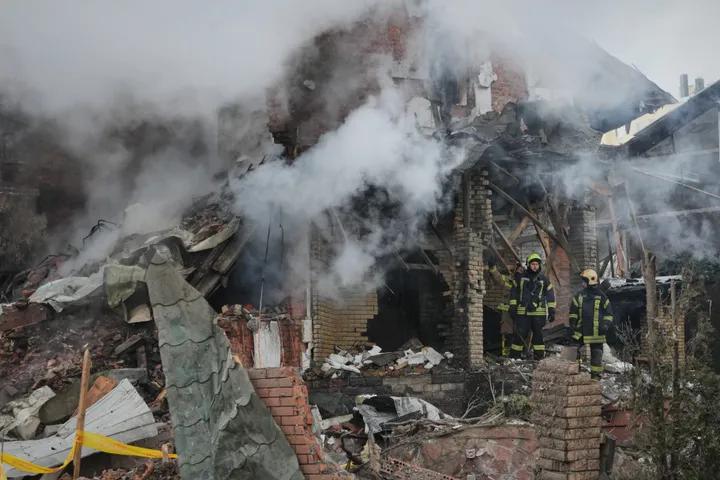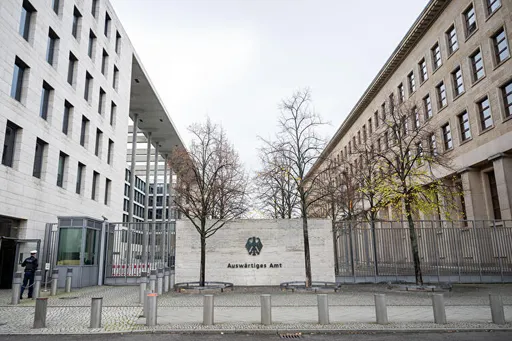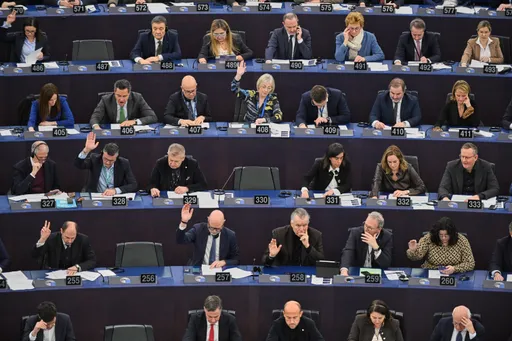The US Supreme Court has ruled that the government's key environmental agency cannot issue broad limits on greenhouse gases, sharply curtailing the power of President Joe Biden's administration to battle the climate crisis.
By a majority of 6-3, the high court on Thursday found that the Environmental Protection Agency (EPA) did not have the power to set sweeping caps on emissions from coal-fired power plants, which produce nearly 20 percent of the electricity consumed in the United States.
The decision sets back Biden's hopes of using the EPA to bring down emissions to meet global climate goals, set in 2015 under the Paris Agreement on the climate crisis.
It was a significant victory for the coal mining and coal power industry, which was targeted that same year for tough limits by the administration of then-president Barack Obama in an effort to slash carbon pollution.
It also marked a victory for conservatives fighting government regulation of the industry, with the court's majority including three right-wing justices named by former president Donald Trump, who had sought to weaken the EPA.
Biden called it "another devastating decision that aims to take our country backwards."
"We cannot and will not ignore the danger to public health and existential threat the climate crisis poses."
Stephane Dujarric, the spokesperson for UN Secretary General Antonio Guterres, said it was "a setback in our fight against climate change."
READ MORE:World 'sleepwalking' to climate catastrophe: UN
READ MORE: US walloped by floods, fires, heat waves
EPA doesn't have expansive powers
In the case of pitting West Virginia and other coal-mining states against the government, the court said that while EPA had the power to regulate individual plants, Congress had not given it such expansive powers to set limits covering all electricity generating units.
The majority of justices said they recognised that putting caps on carbon dioxide emissions to move away from coal power "may be a sensible solution" to global warming.
But they said the case involved a "major question" of US governance with broad consequences, and that the EPA would have to be specifically delegated such powers by the legislature.
The three-member liberal minority of the court castigated the majority for overruling powers they said EPA did in fact have to address "the most pressing environmental challenge of our time."
"The stakes here are high," Justice Elena Kagan wrote.
"Whatever else this court may know about, it does not have a clue about how to address climate change."
READ MORE:'Now or never': UN urges action to avoid climate catastrophe























